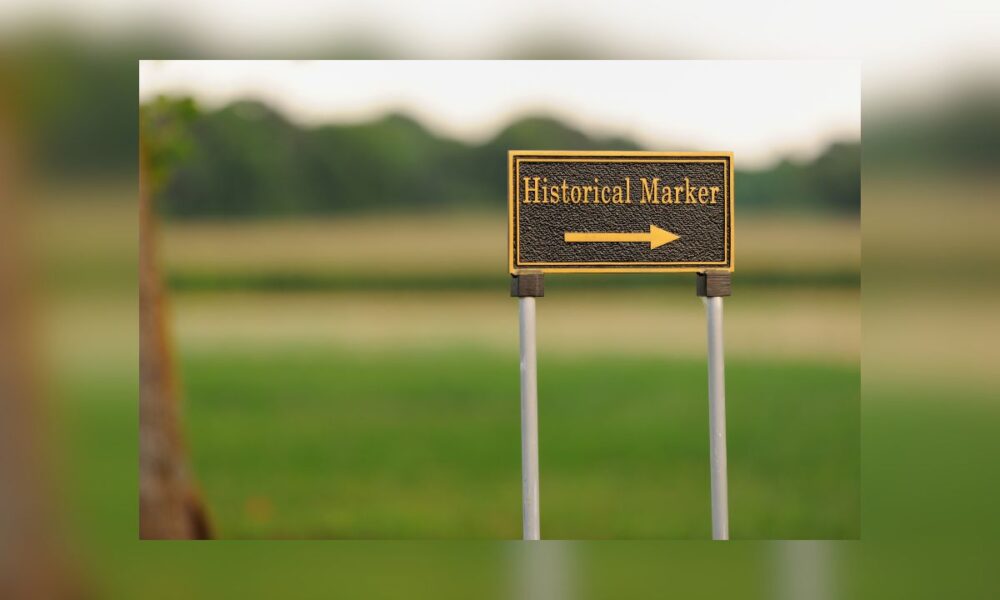A Texas Historical Commission-approved historical marker recognizing Fort Worth’s LGBTQ history was abandoned after Tarrant County Judge Tim O’Hare requested that its application be rescinded, according to documents obtained by the Fort Worth Report.
The marker was intended for 651 S. Jennings Ave., the former site of the Rainbow Lounge, an LGBTQ bar destroyed in a 2017 fire that was the scene of a police and Texas Alcoholic Beverage Commission raid in 2009. The now-vacant lot is owned by the city.
The request, detailed in O’Hare’s May 12 letter to the state commission, has sparked criticism from elected officials, former city staff, and community leaders who argue the judge overstepped his authority and disrupted the standard process for commemorating local history.
O’Hare’s letter claimed the application for Historical Marker 24324 bypassed the Tarrant County Historical Commission’s “proper and thorough approval process.”
The county judge argued in his letter that approval was given “unilaterally” by a single commission member, bypassing “established precedent intended to ensure fair, transparent, and collective review.” O’Hare warned that proceeding “risks generating unnecessary controversy and undermining the credibility of both the local and state historical commissions.”
Coletta Strickland, who chaired the Tarrant County Historical Commission’s marker applications in July 2024 when the city’s application was submitted, refuted O’Hare’s claims.
“There was nothing untoward or out of the ordinary that was done for this application,” Strickland said, per Fort Worth Report.
She noted the county commission, which operates as a branch of the Texas Historical Commission rather than county government, follows state marker procedures without its own written policies. Bylaws require the commission to review applications for accuracy, appropriateness, and completeness.
The marker project began in February 2024 after city staff, inspired by a 2023 presentation on local LGBTQ history by Todd Camp, founder of YesterQueer, initiated the application.
Camp, who supported the effort but did not originate it, said, “This would show, particularly for people who visit the state … that (Fort Worth) acknowledges its past, acknowledges its queer history, that we are part of the community just like everyone else, and that’s a good thing.”
The county historical commission must vet historical marker applications to ensure compliance with Texas Historical Commission policies, including topic eligibility, accurate documentation, and property owner permission. The Tarrant County district attorney’s office confirmed the commission adheres to state guidelines.
Fort Worth’s historic preservation officer, Lorelei Willett, who oversees the city’s marker applications, declined to comment without managerial approval, and city leadership was preparing a written statement, according to a spokesperson.
Critics, including former city staff and LGBTQ leaders, warned that O’Hare’s intervention sets a precedent that could hinder future efforts to recognize diverse histories. The Texas Historical Commission, which issues markers to commemorate significant people, places, and events, had approved the application before O’Hare’s letter prompted its withdrawal.


